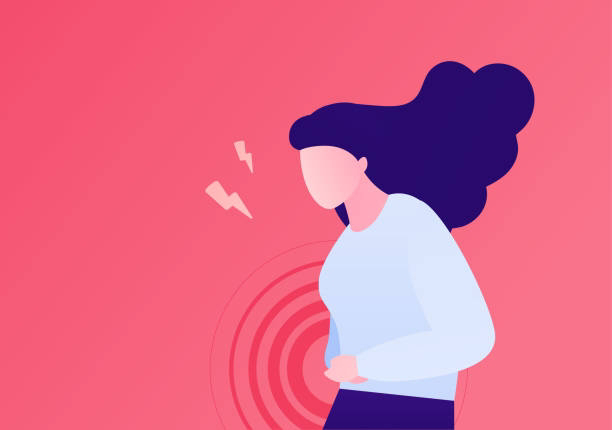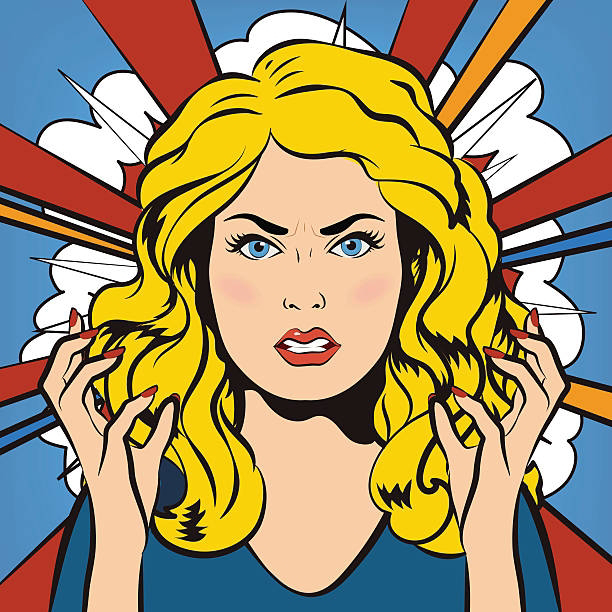Premenstrual Syndrome, Commonly Known As PMS
Premenstrual Syndrome, commonly known as PMS, affects a significant number of menstruating individuals. While often discussed in passing or used as a casual explanation for mood swings, PMS encompasses a wide array of symptoms that can significantly impact daily life. In this sheet, we'll dive deep into what PMS is, its symptoms, causes, and how to manage it effectively.
What is PMS?
||||||||||||||||||||||||||||||||||||
PMS stands for premenstrual syndrome, a collection of physical, emotional, and behavioral symptoms that occur in the luteal phase of the menstrual cycle, typically one to two weeks before menstruation starts. Symptoms usually dissipate once the period begins or shortly thereafter. PMS affects up to 75% of menstruating individuals to varying degrees, with about 20-40% experiencing moderate to severe symptoms that can interfere with their daily activities.
Common Symptoms of PMS
||||||||||||||||||||||||||||||||||||||||||||||||||||||||||||||||||||||||
PMS manifests differently in each individual, but common symptoms can be categorized into physical, emotional, and behavioral.
1. Physical Symptoms:
- Bloating: Fluid retention can cause a feeling of heaviness or swelling, particularly in the abdominal area.
- Breast Tenderness: Hormonal changes can make breasts feel swollen and tender.
- Headaches: Hormone fluctuations can trigger migraines or tension headaches.
- Fatigue: A common complaint, fatigue during PMS can be debilitating for some.
- Cramps: Abdominal cramping can start even before menstruation begins.
2. Emotional Symptoms:
- Mood Swings: Rapid changes in mood, from elation to sadness, are typical.
- Anxiety: Feelings of unease or worry can intensify.
- Depression: Some may experience feelings of sadness or hopelessness.
3. Behavioral Symptoms:
- Sleep Disturbances: Insomnia or excessive sleepiness can occur.
- Appetite Changes: Cravings for certain foods or a general increase in appetite are common.
- Concentration Issues: Difficulty focusing or maintaining attention can affect productivity.
What Causes PMS?
||||||||||||||||||||||||||||||||||||||||||||||||||||||||||||||||||||||||
The exact cause of PMS is still not entirely understood, but several factors are believed to contribute:
1. Hormonal Fluctuations: The menstrual cycle involves significant changes in hormone levels, particularly estrogen and progesterone, which are thought to influence PMS symptoms.
2. Chemical Changes in the Brain: Neurotransmitters like serotonin, which helps regulate mood, may fluctuate with hormonal changes, leading to mood-related symptoms.
3. Underlying Health Conditions: Conditions like depression, anxiety, and thyroid disorders can exacerbate PMS symptoms.
4. Lifestyle Factors: Diet, exercise, stress, and sleep patterns can all influence the severity of PMS.
Managing PMS: Strategies and Treatments
||||||||||||||||||||||||||||||||||||||||||||||||||||||||||||||||||||||||||||||||||||||||||||||||||
Managing PMS involves a combination of lifestyle adjustments, medical treatments, and alternative therapies. Here are some effective strategies:
1. Lifestyle Adjustments:
- Diet: Eating a balanced diet rich in whole grains, fruits, vegetables, and lean proteins can help. Reducing salt, sugar, caffeine, and alcohol intake may also alleviate symptoms.
- Exercise: Regular physical activity can help reduce bloating, improve mood, and increase energy levels .
- Sleep: Maintaining good sleep hygiene and ensuring adequate rest is crucial.
- Stress Management: Techniques like yoga, meditation, and deep-breathing exercises can help manage stress.
2. Medical Treatments:
- Over-the-Counter Medications: Pain relievers like ibuprofen or aspirin can alleviate cramps and headaches.
- Hormonal Treatments: Birth control pills or other hormonal therapies can regulate or alleviate PMS symptoms.
- Antidepressants: For severe PMS or PMDD (premenstrual dysphoric disorder), SSRIs (selective serotonin reuptake inhibitors) may be prescribed.
3. Alternative Therapies:
- Supplements: Calcium, magnesium, and vitamin B6 supplements have been shown to reduce PMS symptoms in some individuals.
- Herbal Remedies: Herbal supplements like chasteberry and evening primrose oil may provide relief for some, though more research is needed.
4. Tracking Symptoms:
- Keeping a symptom diary can help identify patterns and triggers, making it easier to manage and communicate symptoms to a healthcare provider.
When to Seek Help
||||||||||||||||||||||||||||||||||||||||||||||||||||||||||||||||||||||||
While many can manage their PMS symptoms with lifestyle changes and over-the-counter remedies, it’s important to seek medical advice if:
- Symptoms are severe and disrupt daily life.
- Emotional symptoms like depression or anxiety are overwhelming.
- Over-the-counter treatments are not effective.
A healthcare provider can help customise a treatment plan specific to your needs, which may involve medications or other therapies.
Conclusion
||||||||||||||||||||||||||||||||||||
Understanding PMS and its wide range of symptoms can empower those affected to seek appropriate treatment and make informed lifestyle changes. While PMS is a common aspect of the menstrual cycle, no one should feel they have to endure severe symptoms without help. With the right strategies and support, managing PMS effectively is possible, leading to a better quality of life every month.
---
References:
||||||||||||||||||||||||||||||||||||||||||||||||||||||||||||||||||||||||
1. Mayo Clinic - Premenstrual Syndrome (PMS)
2. ACOG - Premenstrual Syndrome (PMS)
3. NIMH - Premenstrual Dysphoric Disorder (PMDD)
4. OWH - Premenstrual Syndrome (PMS)
These references provide detailed and credible information on PMS, its symptoms, causes, and management strategies, ensuring your blog is well-supported by reliable data.
Research and Content Creator:
- Ritika & Rakshit Tripathi, Silicon Skyline
Vector Graphics & Topic Suggestion:
- Priyanshu & Yashika Pandey












